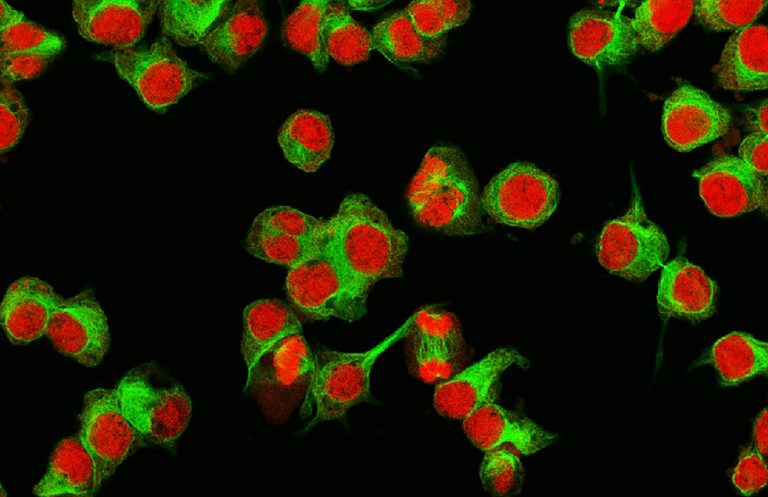EMA Recommends Approval of New Treatment for Brain Cancer
Apeiron Biologics has announced that the EMA’s CHMP has recommended the approval of APN311 for immunotherapy of high risk neuroblastoma.
Apeiron Biologics is a Vienna-based biotech company developing immunological approaches to treat cancer. Its lead candidate APN311 is an antibody-based therapy for the treatment of neuroblastoma — a rare childhood cancer. After submitting a Marketing Authorization Application in the EU in 2015, the Committee for Medicinal Products for Human Use (CHMP) has now given a positive opinion on APN311, recommending the approval of the new drug.
APN311 is a monoclonal antibody targeting the neuroblastoma-specific antigenGD2. The antibody is produced in CHO cells and has been trialed in more than1000 patients significantly improving event-free and overall survival in children with high risk neuroblastoma. The antibody has been granted orphan drug designation in both the US and EU and obtained a fast-track designation from the FDA.
Apeira licensed out the antibody to UK-based EUSA Pharma in October 2016and EUSA plans to file the product for approval in the US in 2017. Based on the new opinion from the CHMP, the European Commission will issue a formal decision on the approval of APN311 after 2 months. If approved, the antibody would be used to treat children aged 12 months and above with high risk neuroblastoma.
Neuroblastoma is a rare cancer, which accounts for up to 10% of all childhood tumors, affecting about 1,200 children in the EU and US each year. The neuroblastoma market may not be crowded, but targeting the anti-GD2 antibody is actually not new.
US-based United Therapeutics‘ anti-GD2 antibody Unituxin was approved by the EMA for the treatment of neuroblastoma in patients aged 12 months to 17 years in 2015. However, Apeiron claims that its APN311, which is the same antibody but manufactured in CHO cells, has a favourable safety profile compared to previous antibody-based neuroblastoma therapies. Unituxin has in fact some serious side effects such as severe neuropathic pain and life-threatening infusion reactions.
By optimizing the delivery of its antibody, Apeiron was able to significantly reduce the neurological and inflammatory side-effects of the drug, making this treatment much more tolerable for the young patients.
The Austrian Biotech is also currently developing a humanized anti-GD2 antibody-IL-2 fusion protein (APN301) and has started the development of novelcheckpoint inhibitors to stimulate the immune system against various cancers.
With the current positive opinion from the CHMP, EMA approval is very close and Apeiron could have its first product on the market in no time!
Written by Melanie De Almeida







